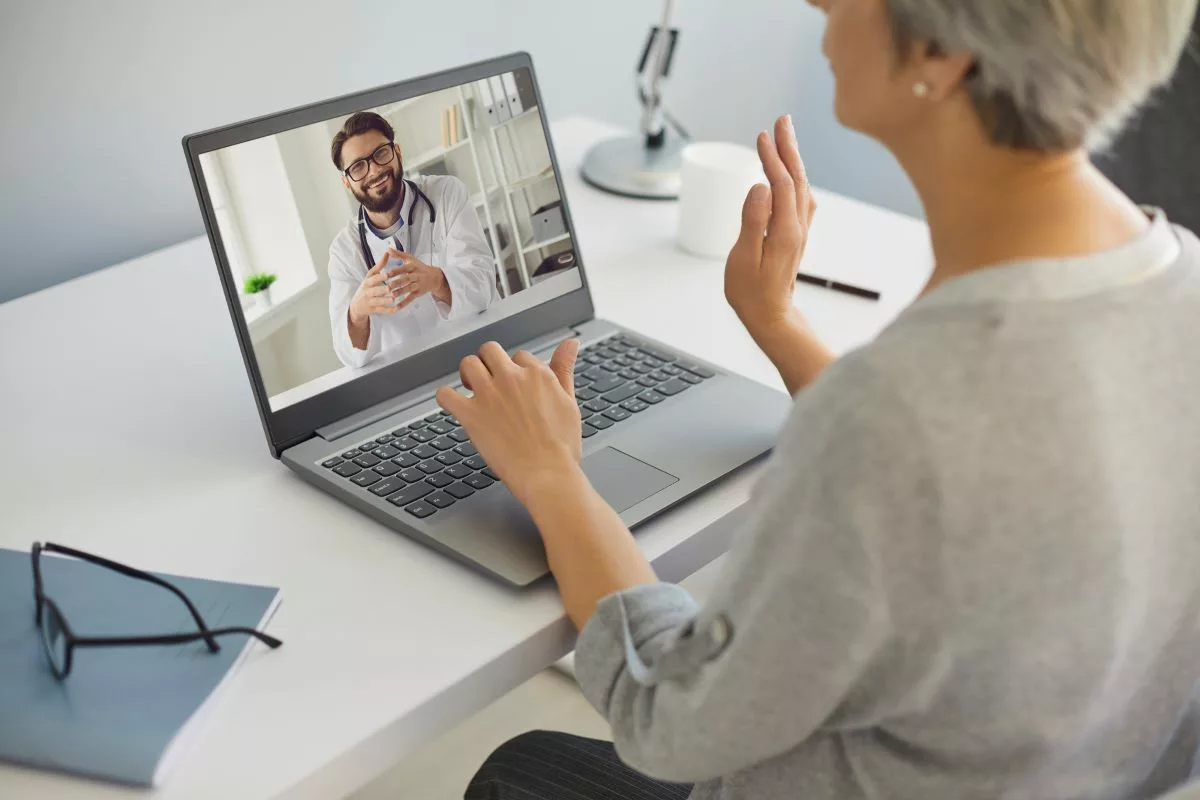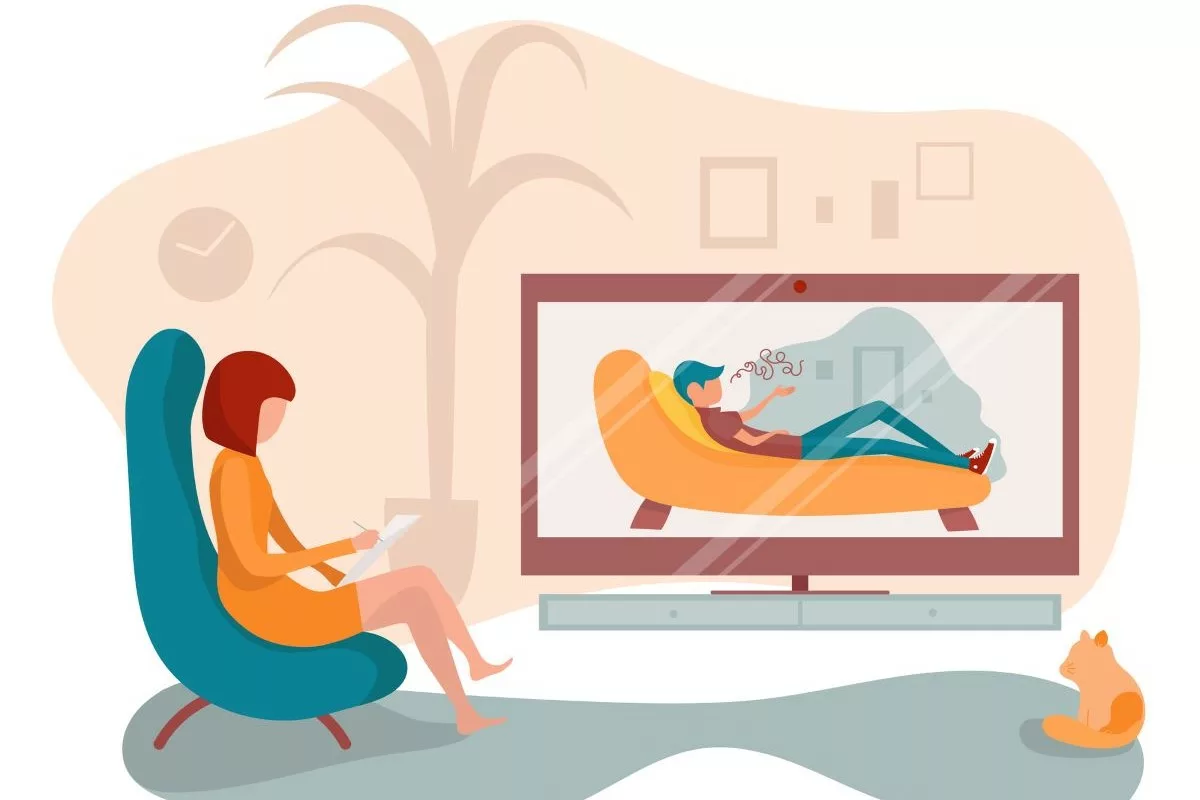
The healthcare industry is welcoming the shift to virtual health checks. As telemedicine gains traction, it's crucial to understand how to maximize the effectiveness of these online consultations.
Today, we aim to equip you with strategies to get the most out of your first virtual health check, enabling you to maintain optimum health even from the comfort of your home.
We'll walk you through preparation steps, what to expect during the check, and how to follow up post-consultation, ensuring a seamless and productive experience.
Preparing for Your First Virtual Health Check
As more healthcare providers turn to virtual health check-ups through platforms like Updox Telehealth as a new standard of care, some patients feel confused. This is a new experience for them.
That’s OK. It’s new for a lot of doctors as well. But the events of the last few years have created this demand, and if you’re willing to try it, set yourself up for success. Whether it's connecting virtually with your doctor or a specialist, there's a lot to consider in preparing for the health check-up.
The key to getting the most out of your first virtual health check is to prepare yourself mentally and physically, develop a list of questions and concerns you hope to address with the healthcare professional, as well as anticipating any technical challenges you may encounter.
By following these simple steps, you can make the most out of your virtual health checkup, which will ultimately lead to better and more efficient care.
Set Up Your Virtual Consultation Space
Before your virtual health check, set up a private and quiet space for the consultation. This could be in your home office or any quiet room with good lighting. You’ll need a strong internet connection and double-check to ensure your device's camera and microphone are working correctly.
It would also be helpful to inform members of your household about the time of your consultation so they can avoid any distractions or interruptions during the call.
Prepare a List of Questions and Concerns
One major advantage of virtual health check-ups is the ease of communication with healthcare professionals. Take advantage of this by preparing a list of questions and concerns beforehand.
The list will help you stay focused during the consultation and guarantee your concerns are addressed. Having a pen and paper handy to take notes during the consultation is also helpful, as it can be easy to forget important details.
Checklist of Questions to Ask
- What is the purpose of this consultation?
- What are the potential diagnoses for my symptoms?
- What tests, if any, will be required to further diagnose my condition?
- How can I manage my symptoms at home?
- Are there any lifestyle changes I should make to improve my health?
- Should I follow up with a specialist or schedule a follow-up virtual consultation?
- Are there any potential side effects from the prescribed medication?
- What warning signs should I look out for in case my condition worsens?
- How long should it take for me to see an improvement in my health?
Understanding Your Medical History and Symptoms
Virtual health check-ups may require you to provide your medical history and discuss any current symptoms or concerns. It's essential to have this information ready, including any recent test results, medication list, and details of previous health issues.
If you're uncertain about anything, ask questions during the consultation so you fully understand your medical condition. The healthcare professional will ask you questions about your current symptoms. They may also conduct a physical exam.
They may use visual aids such as images or videos to explain your diagnosis and treatment plan better. Be open and honest during the consultation so that the healthcare professional can provide accurate and effective care.
Tracking Progress and Scheduling Follow-Ups
Virtual health check-ups can be just as effective as in-person consultations, but tracking your progress and follow-up with your healthcare provider regularly is vital.
Keeping a log of your symptoms, changes in medication or lifestyle, and any other relevant information will help you and the healthcare provider monitor your progress accurately. If necessary, schedule follow-up virtual consultations to discuss any concerns or changes in your health.
Conclusion: Optimize Your Health with Virtual Consultations
Virtual health consultations have revolutionized how we approach healthcare, providing a convenient, efficient, and accessible way to manage our health. Being prepared can significantly enhance the efficacy of these virtual health checks.
The above strategies ensure optimal communication with healthcare professionals, leading to accurate diagnoses, effective treatments, and improved health outcomes. If you want to read another post on tech in healthcare, check out this one on how technology is revolutionizing support for people with disabilities.
Follow me down the rabbit hole!
I'm Alice and I live with a dizzying assortment of invisible disabilities, including ADHD and fibromyalgia. I write to raise awareness and end the stigma surrounding mental and chronic illnesses of all kinds.








